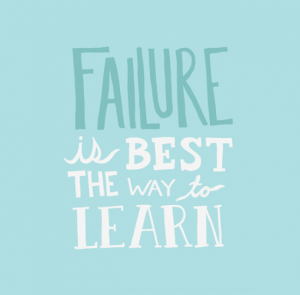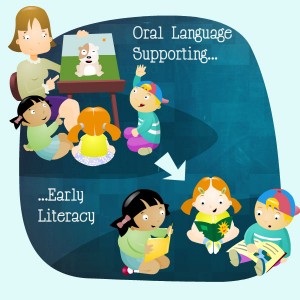 A few weeks ago I was reading an online blog that hit a chord with me. The gist of the author’s message was that failure is inevitable but it is what we do after our failures that have the potential of making us wiser and stronger. As the weeks have passed the relevance of this message has become so clear in school life.
A few weeks ago I was reading an online blog that hit a chord with me. The gist of the author’s message was that failure is inevitable but it is what we do after our failures that have the potential of making us wiser and stronger. As the weeks have passed the relevance of this message has become so clear in school life.
Taking risks is an important part of learning. A risk, by its definition, has the potential for failure. Teachers craft new learning for students each day to help them grow as learners. There is no formula for ensuring student success because every student has unique strengths and challenges. So, we take risks and try new strategies without the guarantee that what we try will achieve what we want it to, thus the potential for ‘failure’. What do we do when students don’t achieve the result we desire? Here is where the deep learning happens for us as educators.
This is also true for students. Sometimes tackling a challenging learning problem does not have the results that students hope for. So what is next? Here is a beautiful example of the potential of moving forward when you fail. This week students in an FDK classroom were trying to turn water into ice. One 5 year old proposed that putting the water on the stove might turn it to ice. As you may have guessed, cooking the water did not turn it into ice. Instead of giving up, the result of this ‘failure’ was the generation of many new proposals for making ice. It generated a new energy in this student’s learning and the learning of children around him. ‘Failure’ had led to incredible new learning for these young children!
There are behavioural applications for failure. As you know students are sometimes sent to visit my office after they have made a poor choice in judgment. Essentially, these are times when students have ‘failed’. Consequences are issued, but the real learning comes from what happens after consequences are issued. This week I witnessed two examples of students who had made unfortunate choices and turned those choices into new learning and a strengthening of friendships. Both of these students apologized from their heart to their peer, to myself and took it upon themselves to make restitution. One student walked up to the student whose feelings had been hurt, looked him in the eye, reached out his hand to shake the hand of his peer with an accompanying apology and walked back to class with him. The second student returned to my office (without being asked) days after the incident occurred, apologized a second time for the choice that was made and vowed to help repair the item that had been damaged. Neither was asked by me to do this.
I am left with tremendous hope about the power of ‘failure’ in learning and wonder about the other applications it has in my life and the life of those around me.

